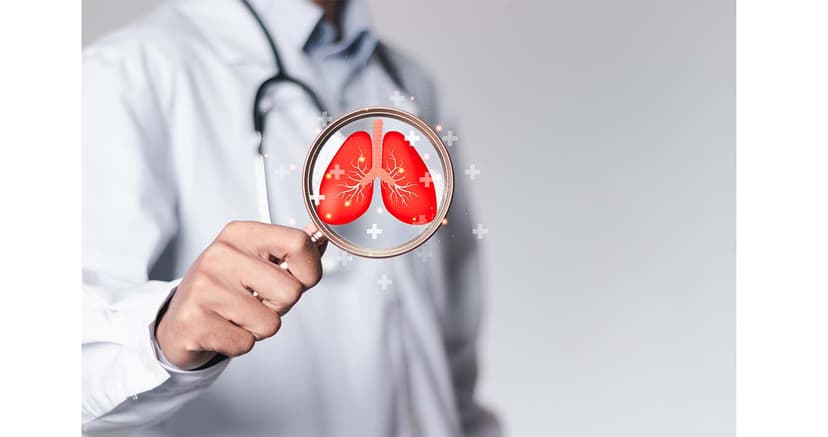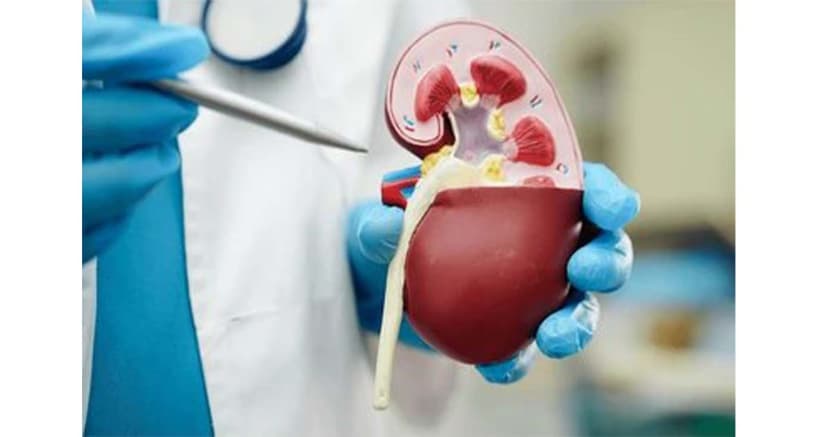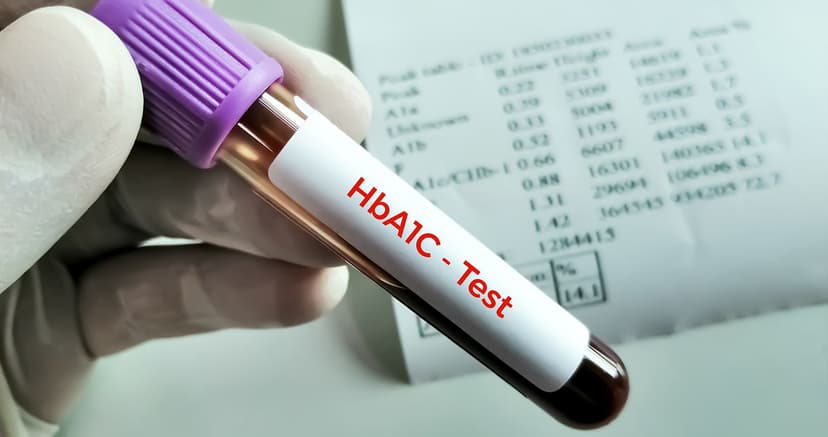From Addiction to Freedom: The Benefits of Quitting Tobacco
By:

Apex Hospitals
31-05-2024

Tobacco addiction is a global health crisis affecting millions of people, leading to severe health consequences such as cancer, heart disease, and even premature death. These dangers provide a solid incentive to quit, yet many people find the process challenging due to withdrawal symptoms like irritability, headaches, and intense nicotine cravings. Despite these difficulties, overcoming tobacco addiction offers profound benefits for both physical and mental health.
Quitting smoking is crucial to improving overall well-being and extending life expectancy. Even if you’ve smoked for many years, you can reverse the harmful effects of smoking and experience health benefits from the first hours you stop smoking to the decades after you quit. Smoking releases thousands of chemicals into your body, damaging not only your lungs but also your heart and many other body structures. By quitting, you can begin to heal your body from this extensive damage and significantly enhance your quality of life.
What happens to your body when you suddenly stop quitting?
The positive health effects of quitting smoking start just 20 minutes after your last cigarette. Here’s a timeline of the positive changes that occur:
Within 20 Minutes
Heart Rate and Blood Pressure: Both start to drop to normal levels.
Within 12 Hours
Carbon Monoxide Levels: The level of carbon monoxide in your blood drops to normal, increasing the oxygen level in your blood.
Within 24 Hours
Heart Attack Risk: The risk of a heart attack begins to decrease.
Within 48 Hours
Nerve Endings and Senses: Damaged nerve endings start regaining, and your senses of smell and taste improve.
Within 72 Hours
Nicotine Withdrawal: Nicotine levels in the body are depleted. You might experience irritability, headaches, and cravings, but breathing becomes easier as bronchial tubes relax and lung capacity increases.
Within 2 Weeks to 3 Months
Circulation and Lung Function: Blood circulation improves, and lung function increases by up to 30%.
Within 1 to 9 Months
Cilia and Respiratory Health: Cilia in the lungs start to repair themselves, reducing coughing and shortness of breath. Overall energy levels increase significantly.
Within 1 Year
Heart Disease Risk: The risk of coronary heart disease is about half that of a smoker.
Within 5 Years
Stroke Risk: The risk of stroke can drop to that of a non-smoker within 5 to 15 years.
Within 10 Years
Lung Cancer Risk: The risk of dying from lung cancer is about half that of a person who is still smoking. The risk of other cancers, such as mouth, throat, oesophagus, bladder, kidney, and pancreas, also decreases.
Within 15 Years
Heart Disease Risk: The risk of coronary heart disease is that of a non-smoker.
Benefits of quitting smoking
Brain
- Broken Addiction Cycle
Quitting smoking can re-wire your brain and help break the cycle of addiction. The large number of nicotine receptors in your brain will return to normal levels after about a month of being smoke-free.
- Sharp Hearing
Head and Face
Quitting smoking will keep your hearing sharp. Even mild hearing loss can cause problems, like not hearing directions correctly and making task mistakes.
- Better Vision
Stopping smoking will improve your night vision and help preserve your overall vision by preventing the damage that smoking causes to your eyes.
- Clean Mouth
After a few days without cigarettes, your smile will be brighter. Quitting smoking will keep your mouth healthy for years to come.
- Clear Skin
Quitting smoking is better than any anti-ageing lotion. It can help clear blemishes and protect skin from premature ageing and wrinkling.
- Decreased Heart Risks
Heart
Smoking is the leading cause of heart attacks and heart disease, but many of these risks can be reversed by quitting. Quitting can lower your blood pressure and heart rate almost immediately. Your risk of a heart attack declines within 24 hours.
- Thin Blood
Quitting smoking makes your blood thinner and less likely to form dangerous clots. Your heart will also have less work, as it can move blood more efficiently.
- Lower Cholesterol
While quitting smoking won't remove existing fatty deposits, it will lower cholesterol and fats circulating in your blood, slowing the buildup of new deposits in your arteries.
Lungs
- Stop Lung Damage
Quitting smoking before permanent damage occurs is crucial. Within two weeks of quitting, you may find it easier to walk on stairs due to less shortness of breath.
- Prevent Emphysema
There is no cure for emphysema, but quitting smoking while you're young can protect you from developing it later.
- Return of Cilia
Cilia in your lungs start to regrow and regain function quickly after quitting smoking. You may initially cough more as cilia recover, but this indicates healing. Properly functioning cilia help fend off colds and infections.
- Lower Cancer Risk
DNA
Quitting smoking will prevent new DNA damage and help repair existing damage, significantly lowering your cancer risk.
Stomach and Hormones
- Smaller Belly
Quitting smoking reduces belly fat and lowers your risk of diabetes. If you already have diabetes, quitting can help manage your blood sugar levels.
- Normal Oestrogen Levels
- Erectile Dysfunction
For women, oestrogen levels gradually return to normal after quitting smoking, improving the chances of a healthy pregnancy in the future.
Quitting smoking lowers the chances of erectile dysfunction and improves sexual health.
- Normal White Blood Cell Count
Blood and the Immune System
Your body begins to heal from smoking-induced injuries after you quit, and your white blood cell counts return to normal.
- Proper Healing
Quitting smoking improves blood flow to wounds, allowing essential nutrients, minerals, and oxygen to aid in proper healing.
- Stronger Immune System
Your immune system strengthens without exposure to tar and nicotine, making you less likely to get sick.
Muscles and Bones
- Strong Muscles
Quitting smoking increases oxygen availability in your blood, strengthening your muscles.
- Stronger Bones
Quitting smoking reduces the risk of fractures, both now and in the future. Keep your bones strong and healthy by quitting today.
If you're ready to quit smoking, seeking assistance from a doctor can significantly increase your chances of success. At Apex Hospitals, our team of experts is dedicated to helping you on your journey to quit smoking for good. Our doctors can provide personalized guidance, discuss medication options to aid in quitting and connect you with local resources for additional support. Take the first step towards better health by booking your appointment today.
FAQS
Related Articles
Connect With Us
Health In A Snap, Just One App.
KNOW MORE



































































































